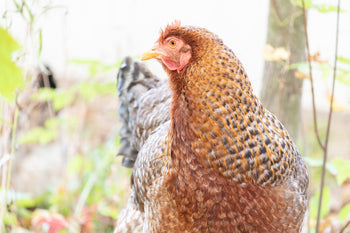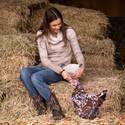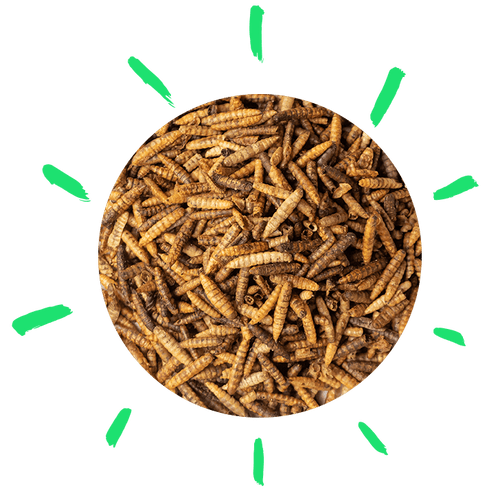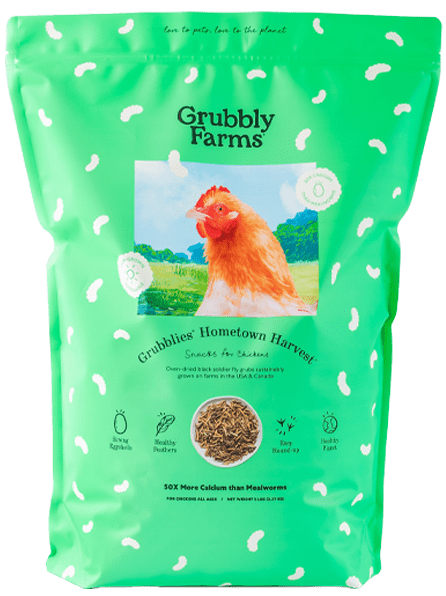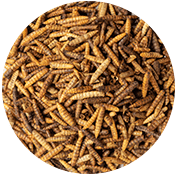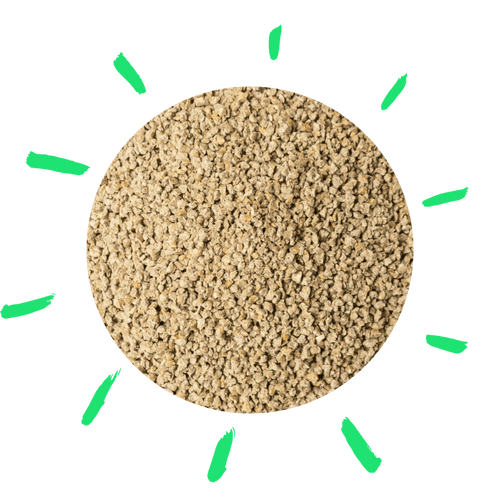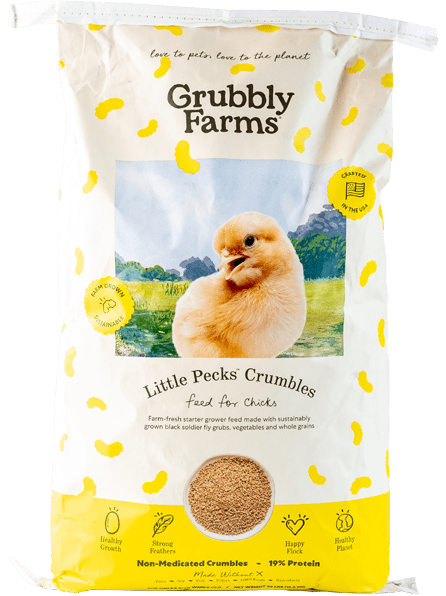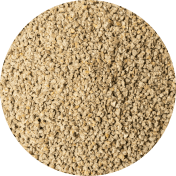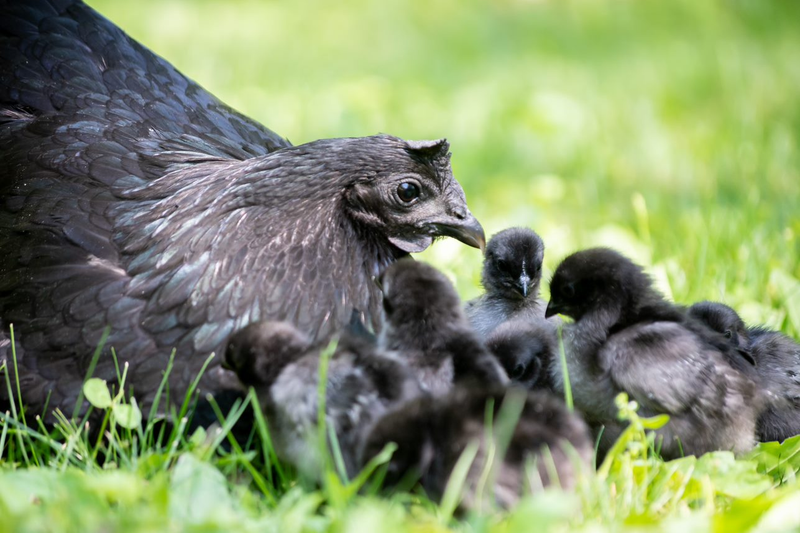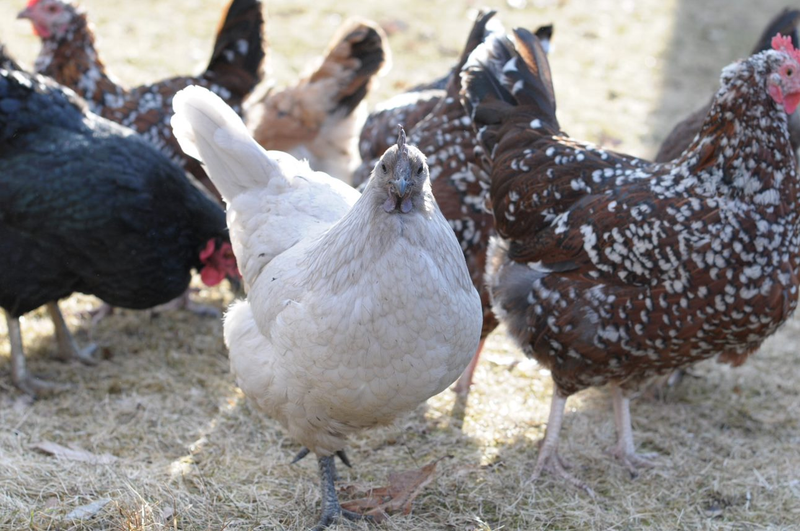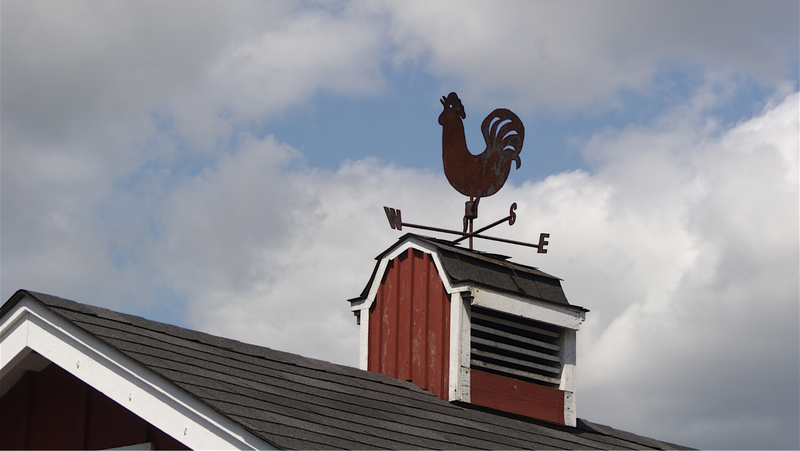Being prey animals, chickens naturally have a shorter lifespan, but that’s not to say that they can’t live to a nice old age! A lot of factors figure into how old a chicken will live to be, including genetics, hereditary diseases, breeding, environmental conditions, predator risks, diet, and daily care. Despite all these factors and risks, you can help your flock live a healthy and productive life through proper care and nourishment!
How Long do Chickens Live?

The average lifespan of a chicken is about 5-10 years. That’s a pretty wide average, but you must take into consideration the many different breeds of chickens. A chicken’s breed does play a part in its average lifespan. Here are the average life spans of some common chicken breeds:
- Isa Browns: 2-3 years
- Rhode Island Red: 5-8 years
- Plymouth Rock: 8-10 years
- Silkie: 7-9 years
- Orpington: 8-10 years
- Leghorn: 4-6 years
- Wyandotte: 6-12 years
- Australorp: 6-10 years
- Cochin: 8-10 years
- Easter Eggers: 8-10 years
Even amongst chickens of a certain breed, some strains or varieties (colors) of the breed may be known to have a longer life expectancy than average. In general, chicken breeds bred for egg or meat production will have the shortest lifespans and heritage or landrace chicken breeds will have the longest lifespans.
Lifespan and productive lifespan are also two different things. A chicken can have a long lifespan but a short productive lifespan. Productive lifespan is the amount of time a chicken will be at peak egg production. Most chicken breeds have a productive lifespan of around 2-3 years. Dual-purpose and heritage chicken breeds often have a longer productive lifespan, but they don’t lay as intensely during their productive lifespan compared to production breeds.
Do Hens Live Longer than Roosters?

In most cases, a rooster’s natural lifespan is the same as that of the hens of his breed. On average, a rooster’s lifespan is about 5-8 years. Sometimes a rooster’s lifespan can exceed that of his hens because he does not have the strain of egg production. On the flip side, he is the flock protector and often puts himself in more risky situations to protect his flock, which can shorten his lifespan.
Predators and friendliness are two factors that can limit a rooster’s lifespan. Protective roosters will often defend their flock to the death, which is obviously not conducive to a long life. However, when predator prevention methods are implemented around the chicken coop and chicken yard, a rooster’s duty of flock protection is less risky. He may live a healthy and productive life without any serious predator threats to him or his flock.
A rooster’s friendliness can also be an asset to his lifespan. Roosters who are overly protective of their flock can pose a threat to their caretakers and they are often taken care of in a way that shortens their lifespan. However, even unfriendly roosters can find new homes. Free-range, limited contact, multiple rooster flocks are a good fit for overly protective roosters to live out their life without causing harm to people.
What Chicken Breeds Live the Longest?
The average lifespan of a chicken will depend on its breed. There are four common categories that a chicken breed can fall into that may dictate the average lifespan of the breed.
Hybrid chicken breeds have the shortest lifespan of about 3-5 years. Hybrid chickens are often fast growing, mature early, and are bred for high production rates. The toll of fast growth and high production demands a lot from a hen’s body, which shortens her natural lifespan. Production chicken breeds are also more prone to ailments such as cancer, organ failure, or heart attacks due to poor genetics and high production strains. Hybrid chickens bred for egg production are usually replaced after two years of age, which makes a long lifespan not important to the commercial egg industry. The same goes for hybrid chickens bred for meat production since they are bred to mature rapidly and be butchered before they are even a year old. Some examples of hybrid chicken breeds include Isa Brown chickens and Cornish Rocks.
Dual-purpose chicken breeds have a longer lifespan than hybrid chicken breeds. Dual-purpose chicken breeds can be heritage breeds or hybrid breeds. A dual-purpose chicken is bred for both egg production and meat production. The average lifespan of a dual-purpose chicken is around 6-8 years. Chickens of dual-purpose breeds grow at a more normal rate and mature slower than production hybrid breeds. Production intensity is also not as high once the birds do reach maturity. Some dual-purpose hybrid chicken breeds include Black Stars, Austra Whites, and Sapphire Gems.
Heritage chicken breeds have a longer lifespan than either dual-purpose or hybrid chicken breeds. Chickens of heritage breeds have an average lifespan of around 8-10 years. They have a slow growth rate with allows them to fully mature before they start producing eggs. For many heritage chicken breeders, preserving the genetics of the breed is very important. Purer genetics makes for healthier birds who are hardier and more disease resistant. Heritage chicken breeds that have been accepted into the American Poultry Association or the American Bantam Association must meet specific breed standards. For a chicken breed to be considered heritage, it must naturally have a long lifespan. Some examples of heritage chicken breeds include Australorps, Brahmas, Cochins, Buckeyes, Rhode Island Reds, and Plymouth Rocks.
Lastly, landrace chicken breeds are known to have the longest natural lifespans. Landrace chicken breeds can have a lifespan of over 10 years. What makes landrace chicken breeds so special is the fact that the breed develops without any human intervention. They are often highly adapted to the environment in which they live and harbor pure genetics. Thanks to their undiluted gene pool, landrace chickens often have strong immune systems which makes them naturally intolerant to many poultry diseases and ailments. Some examples of landrace chicken breeds include Icelandic chickens, Hedemoras, Swedish Black Hens, and Swedish Flower Hens.
6 Factors that Affect a Chicken’s Lifespan
Aside from a chicken’s breed, there are also several other factors that affect the natural lifespan of a chicken. Some of these factors are ones that you can control to help your flock live a long and productive life.
1. Diet
A chicken’s diet will play a big part in how healthy the chicken stays, which affects how long it will live. An incomplete or imbalanced diet can lead to nutritional deficiencies that can shorten a chicken’s lifespan. A healthy diet also helps a chicken build up a strong immune system for fighting off diseases.
2. Environment
The environment in which a chicken is raised will also affect its lifespan. Chickens raised in a natural environment with exposure to the great outdoors will be able to naturally build up immunity to the various pathogens in the environment. A natural immunity to the environment means the chickens can stay healthier as they age.
3. Genetics
Genetics obviously play an important part in a chicken’ breed, but they can also play a part in how healthy a chicken stays. Breeders may specifically choose to breed birds who will increase the longevity of the breed’s lifespan. Clean, undiluted genetics makes for more disease resistant birds. Well-bred chickens are less prone to ailments such as organ failure, seizures, or heart attacks. In general, hatcheries and large farms pay less attention to good genetics. Breeders and small farms often specialize in certain breeds and pay close attention to the gene pool of their chickens.
4. Free-Ranging
Free-ranging can have a two-fold effect on the lifespan of your flock. Free-ranging allows your flock to nourish themselves with a natural diet and to get plenty of exercise. Both of which make for healthier, hardier birds who will live longer. On the flip side, free-ranging birds are often more prone to predators. Predator proofing the chicken yard and chicken coop can be a good happy-medium between letting your flock live a natural lifestyle while still trying to keep them safe.
5. Veterinary Care
Another factor that can affect how long a chicken lives is how much veterinary care you can give to your flock. Basic chicken first aid and treating common chicken ailments are often skills that many backyard chicken keepers can achieve themselves. However, having access to a professional veterinarian who can care for poultry or better yet, having access to an avian vet, can be helpful when a chicken becomes ill.
6. Disease
Lastly, disease and parasites are two huge factors that can limit the lifespan of a chicken. While all the factors we mentioned above help keep your flock healthy and disease-free, disease and parasites do still happen. Some common poultry diseases to become familiar with include Marek’s disease, coccidiosis, internal and external parasites, and bumblefoot. Practicing good biosecurity measures can help reduce the exposure that your flock has to disease and parasites. Here are a few simple biosecurity practices to implement to help your backyard flock stay healthy:
- Don't borrow or lend equipment to other poultry keepers
- Have specific chicken chore boots and even certain clothes you wear only around your flock
- Reduce any contact your flock has with wild birds
- Clean the chicken coop and chicken run on a regular basis
- Prevent droppings from building up or mud puddles from forming in the chicken yard
- Always provide your flock with fresh, clean drinking water and clean, fresh feed

Conclusion:
Chickens can live to a healthy, ripe old age when they are well managed, fed a nutritious diet, and have good breeding. Keep in mind that no matter how well you care for your flock, the lifespan of certain chickens can be dictated by the chicken’s breed. Some chicken breeds just naturally have a shorter lifespan than others. However, by keeping your flock healthy and feeding them a nutritious, balanced diet, you can help them stay productive and live a happy life in your backyard!





